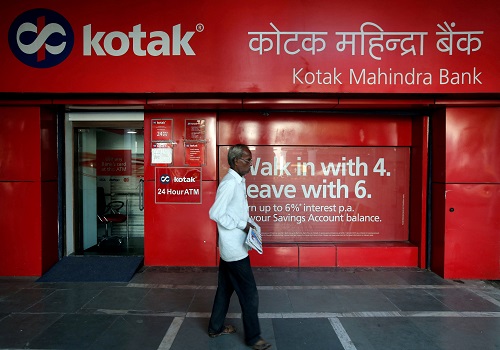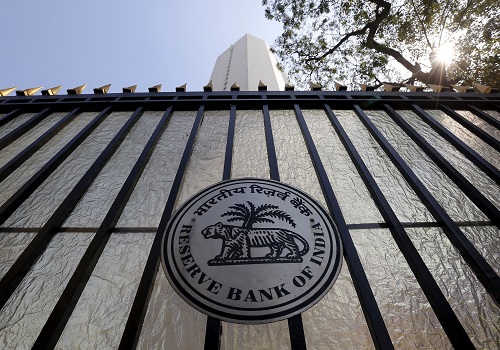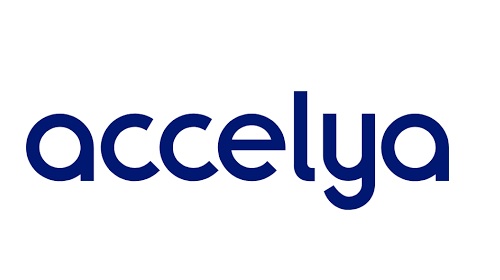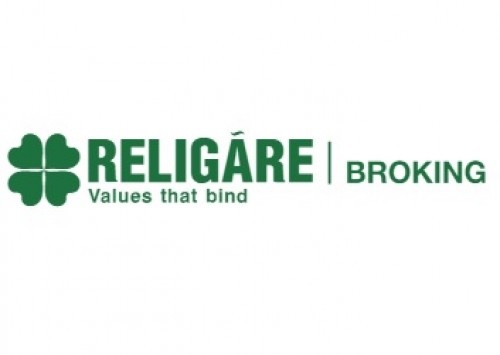Add Ujjivan Small Finance Bank Ltd For Target Rs.31 - Centrum Broking
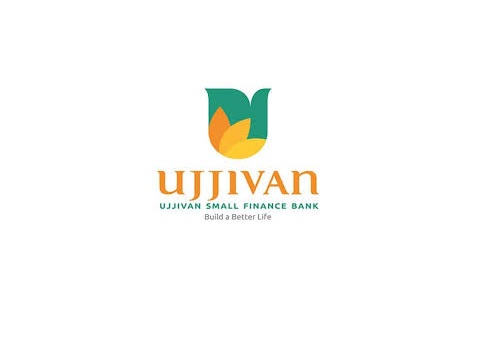
Follow us Now on Telegram ! Get daily 10 - 12 important updates on Business, Finance and Investment. Join our Telegram Channel
Mr Nitin Chugh, MD & CEO of Ujjivan Small Finance Bank (USFB) tendered his resignation, with 30th Sep’21 being his last day. He shall also cease to be Director of the bank with effect from the aforesaid date. In his resignation letter, he has stated that he is resigning due to personal reasons and there are no material reasons. Mr Chugh joined USFB in Aug’19 as President and took over as MD & CEO on 1st Dec’19 for a period of 3 years, i.e. his term was up for renewal on 30th Nov’22. Being a career banker and having worked in HDFC Bank since Apr’01, he has over 25 years of experience, spanning across retail banking sales and distribution, virtual relationship management, and digital/direct marketing.
Our take on his resignation
His resignation comes at a time when the company is grappling with asset quality problems. The CFO had also resigned a month ago. USFB could see more near-term correction, with a KMP resigning. Compared to listed peers, USFB saw more stress formation, as indicated by the spike in GNPA coupled with existing and likely restructuring.
This may suggest that asset quality pain for USFB has not ended yet and the bank could see more balance sheet stress emanating. During more stable times, overall gross stress was 1% of loans that surged to 15.3% in Q1FY22 in wake of the pandemic, as GNPA further escalated to 9.8% with restructuring being at 5.5% of loans.
USFB’s performance during his tenure
When he assumed office of the MD & CEO in Dec’19, USFB faced 4 major challenges, viz. holdco dilution, opex control, retail deposit build-up, and improving secured loan share. The bank was on path to sort 3 of these 4 issues. On the hold-co dilution issue, the RBI via letter dated 9 th Jul’21 permitted SFBs and holding companies to apply for reverse merger, which signalled that UFSL could be reverse merged with USFB.
During Mr Chugh’s tenure, the bank did well on deposits, as CASA ratio consistently increased from 11.6% in Q3FY20 to 20.3% in Q1FY22. Opex was also controlled, with opex to assets in FY21 seeing a sharp reduction to 6.2% from 8.2% in FY20. While transition towards a secured loan profile was progressing, with secured share rising from 21% to 32% on a YoY basis in Q1FY22, material exposure (~80% of loans) to MFI and secured SME severely affected asset quality.
Asset quality challenges for USFB
Collection efficiency (CE) dropped sharply in May/Jun’21 to 72%/78% which improved to 93% in Jul’21. In June, collections in the South/East were 63%/78% compared to 92%/83% in North/West. Under OTR-1, CE that was 75% dropped to 33%/37% in May’21/Jun’21, which improved to 50% in Jul’21. 150,000 customers, who were NPAs as of Jun’21 started paying in July and saw overall upgrades of Rs3bn excluding restructuring.
Restructured pool stood at Rs7.8bn (5.5% of loans vs 5.8% last quarter) and further Rs5bn entered OTR in Jul’21. Additionally, ~Rs3bn could enter OTR by Sep’21. However, total restructuring could be somewhat less than ~Rs16bn, as there could be an overlap between OTR-1 and OTR-2. Gross stress as at Q1FY22 was 15%, with a cover of 60% (was 13% last quarter, with a 50% cover).
Valuation, view and risks
Resignation of a KMP could lead to near-term pressure until someone is appointed, though stress formation is partly priced in. We had downgraded FY22E earnings by 76% due to loss in Q1FY22 and likely provisions in FY22. MFI/MSE loan exposure at 80% is affecting USFB, leading to stress build-up and protracted recoveries. Maintain multiple at 1.8x FY23E ABV and keep TP unchanged at Rs31. Retain ADD. Risks: higher provisions.
To Read Complete Report & Disclaimer Click Here
For More Centrum Broking Disclaimer https://www.centrumbroking.com/disclaimer/
SEBI Registration No.:- INZ000205331
Above views are of the author and not of the website kindly read disclaimer












 320-x-100_uti_gold.jpg" alt="Advertisement">
320-x-100_uti_gold.jpg" alt="Advertisement">






